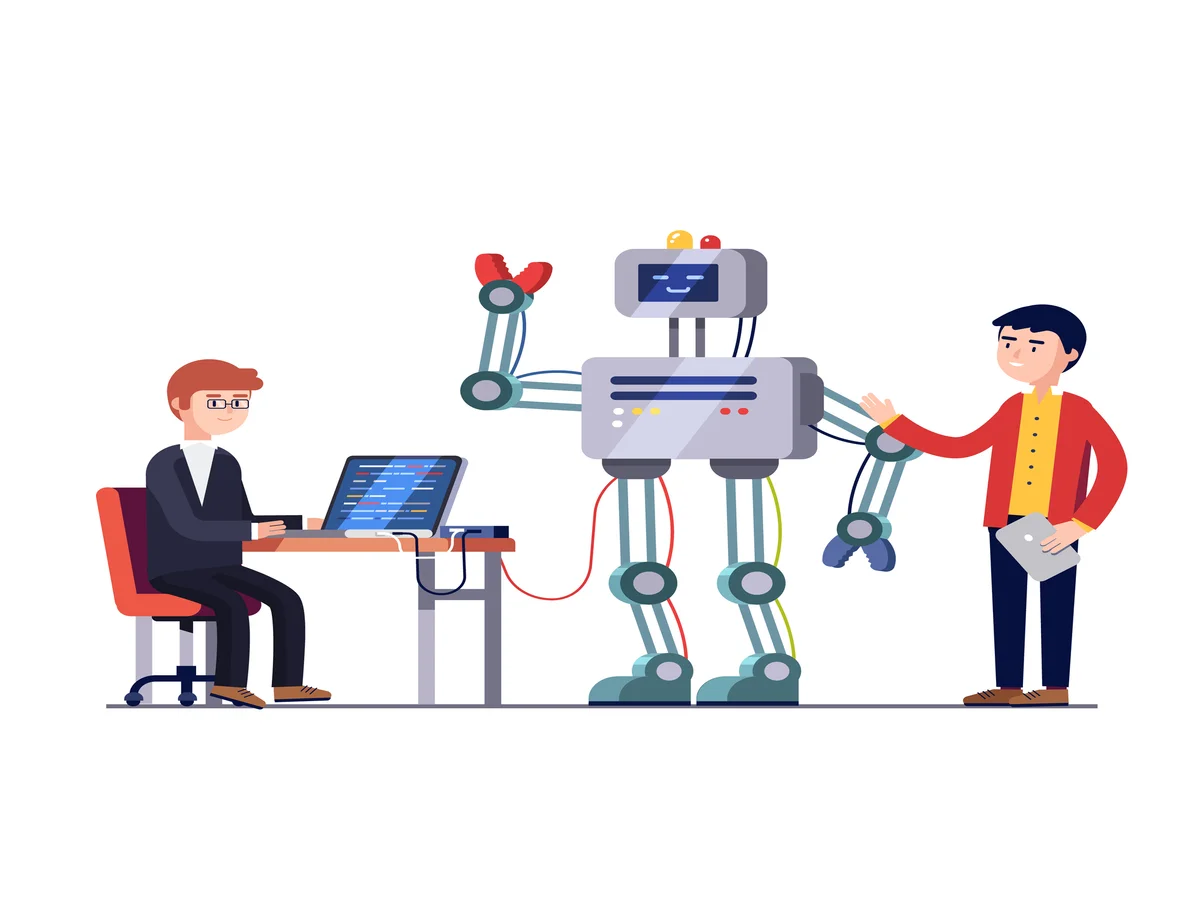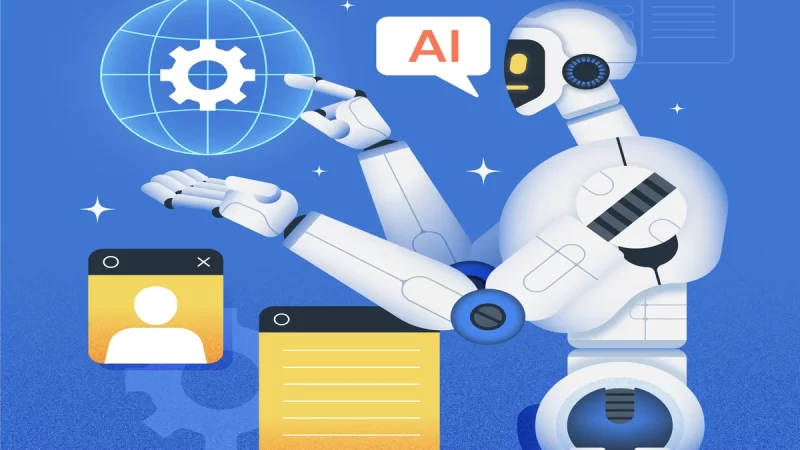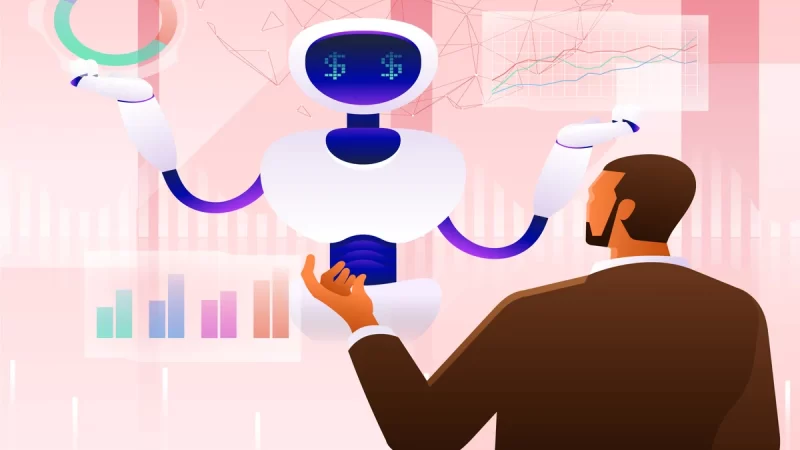Why AI Needs Human? The Human Impact on Machines

Artificial Intelligence (AI), with its exponential growth and astounding capabilities, has reshaped industries and transformed our daily lives. Yet, despite its remarkable advancements, AI remains fundamentally reliant on human input and guidance. The human touch, far from becoming obsolete, is an essential catalyst for AI’s progress and ethical application.
Shaping AI’s Ethical Compass
In the realm of AI, humans serve as the architects of ethical frameworks and moral compasses. While AI systems can process vast amounts of data and perform complex tasks, they lack inherent morality and empathy. Humans bring a nuanced understanding of societal norms, cultural values, and ethical considerations necessary to imbue AI with ethical decision-making capabilities. The impact of human guidance is evident in the development of AI ethics boards, responsible AI guidelines, and diverse teams that ensure fair representation and ethical use of AI technologies.
Fostering Innovation and Creativity
Despite AI’s prowess in generating novel solutions, the essence of creativity remains deeply human. Innovations in AI often stem from human creativity, imagination, and the ability to think outside predefined algorithms. Humans inject AI systems with creativity through novel approaches, unconventional problem-solving, and the capacity to push beyond limitations. Whether in designing AI algorithms or envisioning new applications, human ingenuity remains a driving force behind AI innovation.
Curating Diverse Perspectives
The human element enriches AI by providing diverse perspectives and experiences. AI algorithms are susceptible to biases inherent in the data they learn from, making human intervention crucial for mitigating these biases. Diverse teams bring varied viewpoints, which are instrumental in identifying and rectifying biases, ensuring AI systems are fair, inclusive, and representative of diverse populations. Human involvement in AI development is pivotal to creating technology that serves all segments of society equitably.
Enhancing User Experience and Trust
Human-centered design principles play a pivotal role in enhancing user experience and fostering trust in AI systems. Understanding user needs, preferences, and behaviors requires human empathy and emotional intelligence. Human-centered design approaches enable the creation of AI systems that are intuitive, user-friendly, and align with societal expectations, thereby fostering trust and adoption among users.
Nurturing Continuous Learning and Adaptability
The evolution of AI depends on continuous learning and adaptability, areas where human intervention remains indispensable. Humans contribute by refining AI models, identifying areas for improvement, and guiding AI systems through unforeseen scenarios. Human oversight enables AI to learn from mistakes, adapt to new environments, and evolve in a manner that aligns with evolving societal needs.
In essence, while AI presents unparalleled opportunities and capabilities, its true potential can only be realized through symbiotic collaboration with humans. The human impact on machines extends far beyond mere coding; it encompasses ethical guidance, creativity, diverse perspectives, user-centric design, and continuous learning. Embracing this partnership between human intellect and artificial intelligence paves the way for a future where technology serves humanity’s best interests while reflecting our collective values and aspirations.
FAQs: The Human Impact on Machines in AI
Human involvement is essential as it brings ethical considerations, creativity, diverse perspectives, and user-centric approaches that complement AI’s capabilities. Humans guide AI systems to align with societal values and ensure fair and ethical use.
Human creativity drives innovation in AI by introducing novel approaches, problem-solving techniques, and pushing the boundaries of predefined algorithms. It serves as a catalyst for developing new applications and refining existing AI models.
Diverse perspectives in AI development contribute to identifying and mitigating biases within algorithms. It ensures that AI systems are inclusive, representative, and fair by considering a wide range of viewpoints and experiences.
Human-centered design principles enhance AI user experience by focusing on understanding user needs, preferences, and behaviors. It ensures that AI systems are intuitive, user-friendly, and foster trust among user
Human intervention facilitates continuous learning, adaptation, and refinement in AI systems. It allows for the identification of improvement areas, learning from mistakes, and adapting to new scenarios, ensuring AI aligns with evolving societal needs.







